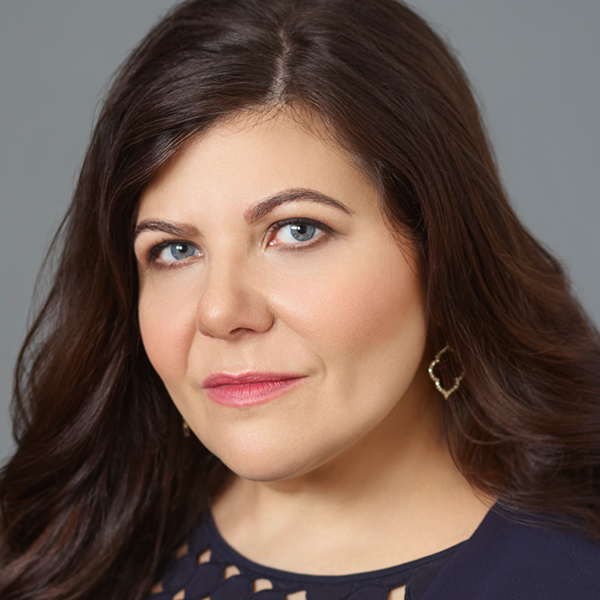What we can learn from the 300 young people that created a Roadmap for Gender Equality in Canada
In 2019, there is no country in the world that has achieved gender equality. This is a startling fact. We are at a critical moment in time where we need to find ways to really move the needle on this issue. Canada has the opportunity to become the first country in the world to achieve gender equality. To do this, we must listen to the voices demanding to be heard.
For years, youth have been excluded from important discussions. Older generations have at times undervalued their opinions, disregarded their experiences and have not fully included their voices from shaping the very decisions that will impact their lives so deeply. The pervasiveness of gender inequality influences the lived experiences of youth every day, yet in many cases, they are not consulted as we endeavour to find a path toward greater equality.
I can’t help but wonder: what ground has been lost in the fight for gender equality by not listening to the voices of the next generation, and how do we accelerate progress for the future?
In 2016, Plan International Canada and the Canadian Teachers’ Federation launched Youth for Gender Equality (YGE). With the UN 2030 Agenda for Sustainable Development in mind, the initiative has united over 300 youth from all over the country to address a critical question – what can Canada do to spearhead progress towards achieving gender equality at home and abroad? Through civic engagement dialogues, the youth unpacked harmful social and cultural norms, identified the critical issues, and harnessed their own lived experiences to develop conscious and deliberate recommendations for our country’s decision makers in the pursuit of gender equality.
These young people will make history with their ground-breaking report, The Youth-Led Roadmap for Gender Equality: A Plan to Achieve Sustainable Development Goal 5 in Canada. By engaging youth and amplifying their voices, the initiative adds colour to the conversation of gender equality where no policy discussion has before. Their honesty, openness and understanding of the issues facing gender equality in Canada directly informed the recommendations in the Roadmap. It is their perspectives and lived experiences that provide a framework for concrete action and change, and their voices that will lead us to achieving this vital global goal.
In other countries where Plan International Canada is active, this extraordinary initiative and impact of youth is matched. I’ve seen boys working to end period shaming in Uganda, and others tackling the issue of sexual harassment in Egypt. I’ve seen youth in Nicaragua challenging harmful social norms to promote equality. The reality is, we can build all the wells and schools we want, but if we don’t have gender equality – if women have no control over their destiny, what happens to their future or their role in society – we are not going to change the world.
That’s because gender inequality is not an isolated issue, it affects us all. It’s a human issue. It’s important for economic development. It’s vital in ensuring that health and education systems around the world remain accessible and efficient. It’s integral in allowing those most qualified and capable to fulfill governing roles, free from discrimination based on gender, race or disability. It’s inextricably linked to sustainable development. It is the key to recognizing and upholding human rights for every global citizen and ensuring access to equal opportunities so that every person may realize and unlock their full potential.
As a woman in leadership, I’ve seen the desperate need for gender equality firsthand. I have been fortunate to witness many peers shatter their own glass ceilings, but I have also seen what goes on in the background – the tireless fight to be treated as equal to male counterparts. Women making seats for themselves at tables they were not invited to or having their opinions taken less seriously because of their gender.
We owe the next generation the opportunity to rewrite this story of inequality. They understand the intersection of their diverse backgrounds and are working together to tackle these real barriers to ensure that everyone has a place in society. They realize that achieving gender equality means addressing the big things, and the little things too. The inequalities built unconsciously into everyday phrases, the language that inherently excludes certain genders from the conversation and makes them feel less important than others. They’ve got this, and they need our support.
We’ve always known that youth are the leaders of tomorrow, but why wait? By listening to their voices, respecting their ideas and amplifying their solutions, young people can claim their rightful place as the leaders of today and ignite real change too.

Caroline Riseboro, President and CEO of Plan International Canada.


